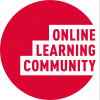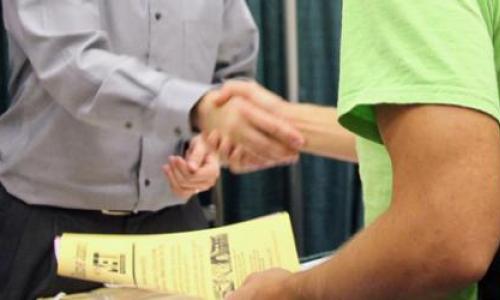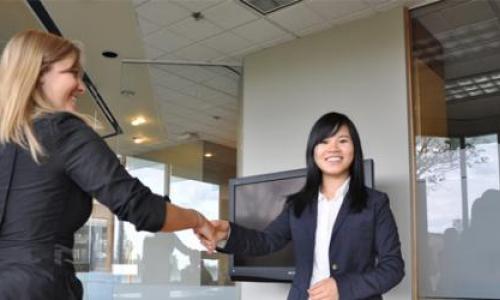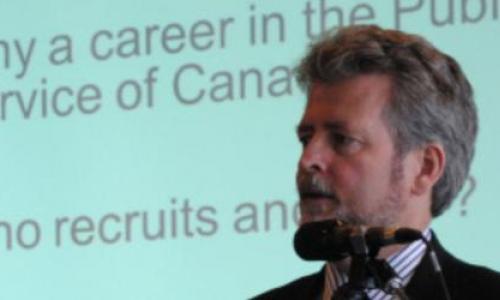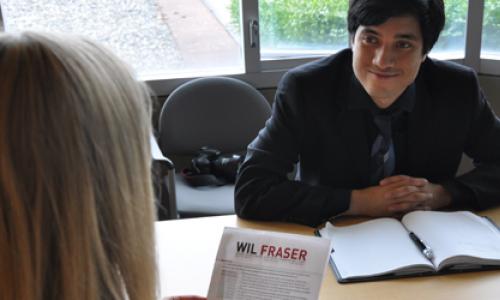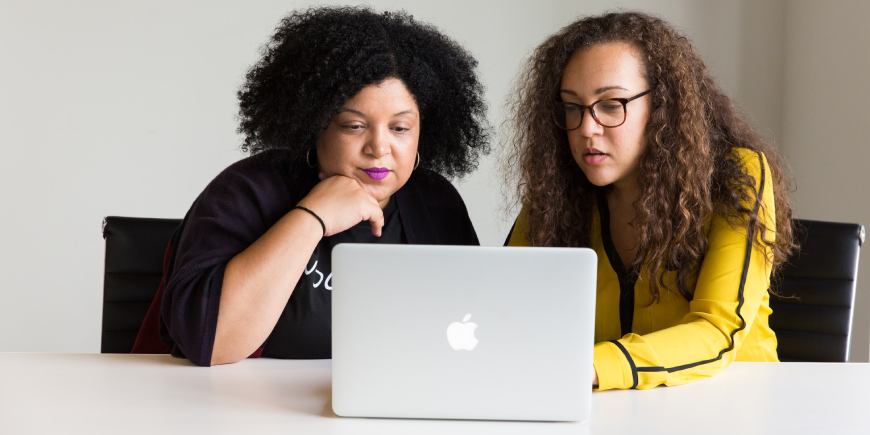
The interview process can be a very intimidating and overwhelming process for many job applicants. The stress of being in the hot seat can make even the most composed interviewee melt under the pressure. Interview anxiety can be tamed and even prepared for with the help of an understanding and insightful SFU Student Advisor. The experience of preparing and talking with an advisor prior to the "big" day can take some of the pressure off the interviewee and instill confidence in even the most inexperienced applicant, like me.
My experience talking with an advisor prior to my interview, in front of a panel of three interviewers, was a major help. Talking with an advisor allowed me to think about what should and should not be said. It also allowed me time to prepare my thoughts in a rational and sequenced order.
I realized how critical talking through possible answers to questions was before an interview. My advisor was then able to offer insight into how my responses were perceived by an audience. How one's response is perceived can make or break an interview applicant, as the applicant's response does not always come out the way he or she intends. The extra set of ears then gave me further insight into how I could make my answer more precise and better suited to the question.
Talking with an advisor was also useful as they offered unique ways to market me to specific companies and employers. In my particular experience, the advisor suggested that I pull together a portfolio to offer a competitive edge. The suggestion was great, as it not only provided my interviewers with "real life" examples of what I am capable of doing, as I profess in my resume and cover letter, but it was a good prop and source of reference throughout the interview. These personalized and creative suggestions provided by my advisor also gave me a sense of confidence as he reconfirmed that I had something to bring to the interview.
Discussing with an advisor and going through a "mock" interview was a great way to instill confidence in myself before my actual interview. After I left my advisor's office I knew that I was prepared for the interview, to the best of my ability, and it put me in the right frame of mind for my interview the following day.
I can not even express how important preparing for an interview is, but an advisor can help even someone as inexperienced as myself sound poised and confident, which is why I was then offered the job.
Not only is the mock interview process helpful in landing a job or co-op placement, but it also teaches students about the work world. I truly feel that what a student can gain from any employment or volunteer experience while at school is irreplaceable and will help take students to their future careers.
SFU Career Services conducts mock interviews with students and recent alumni. Book an appointment with an advisor to improve your interview skills.









